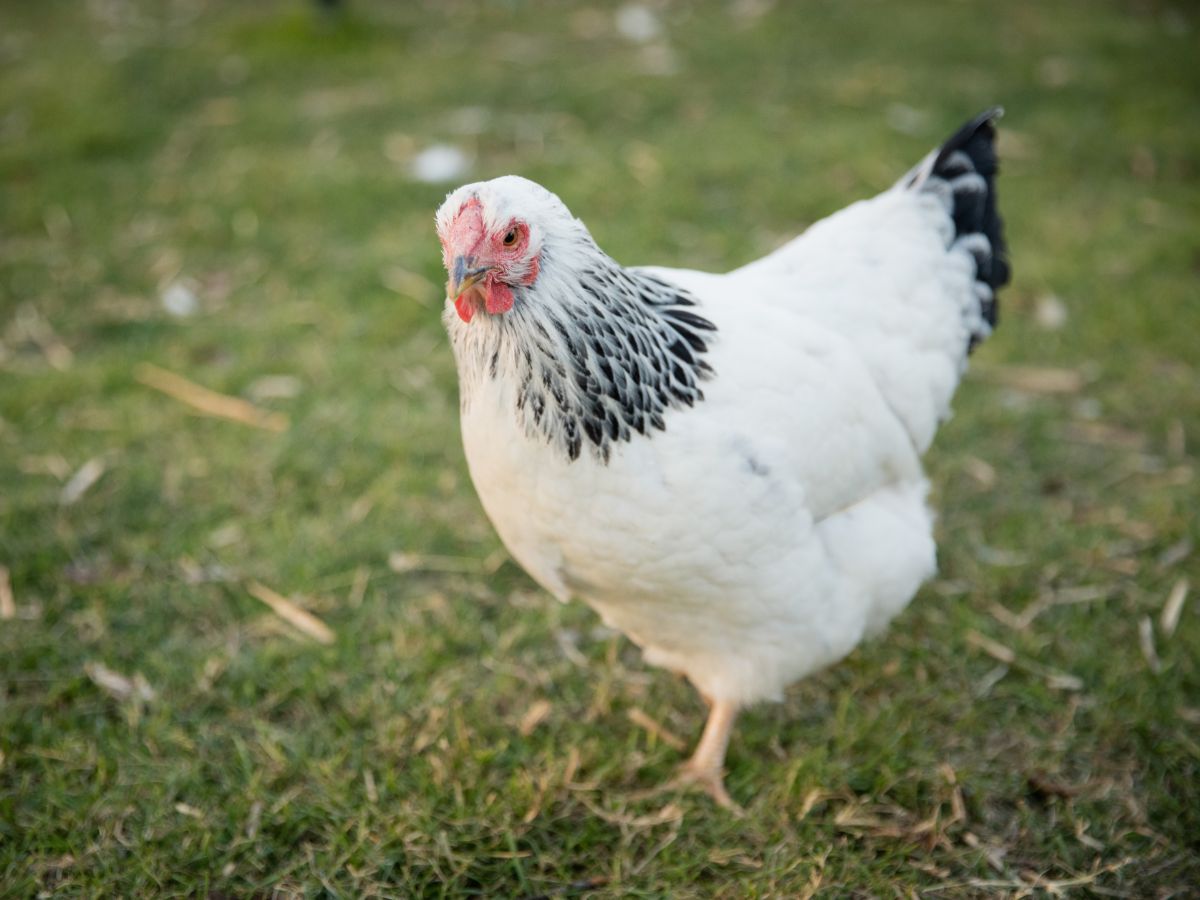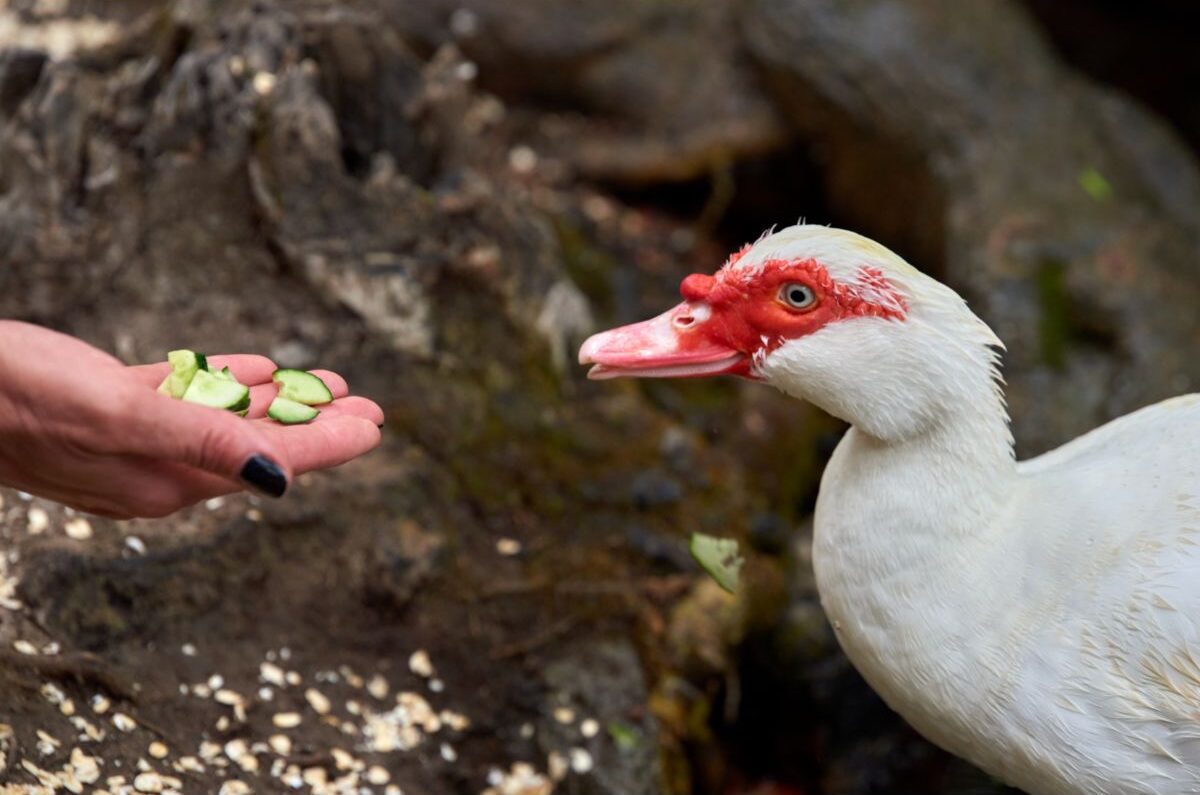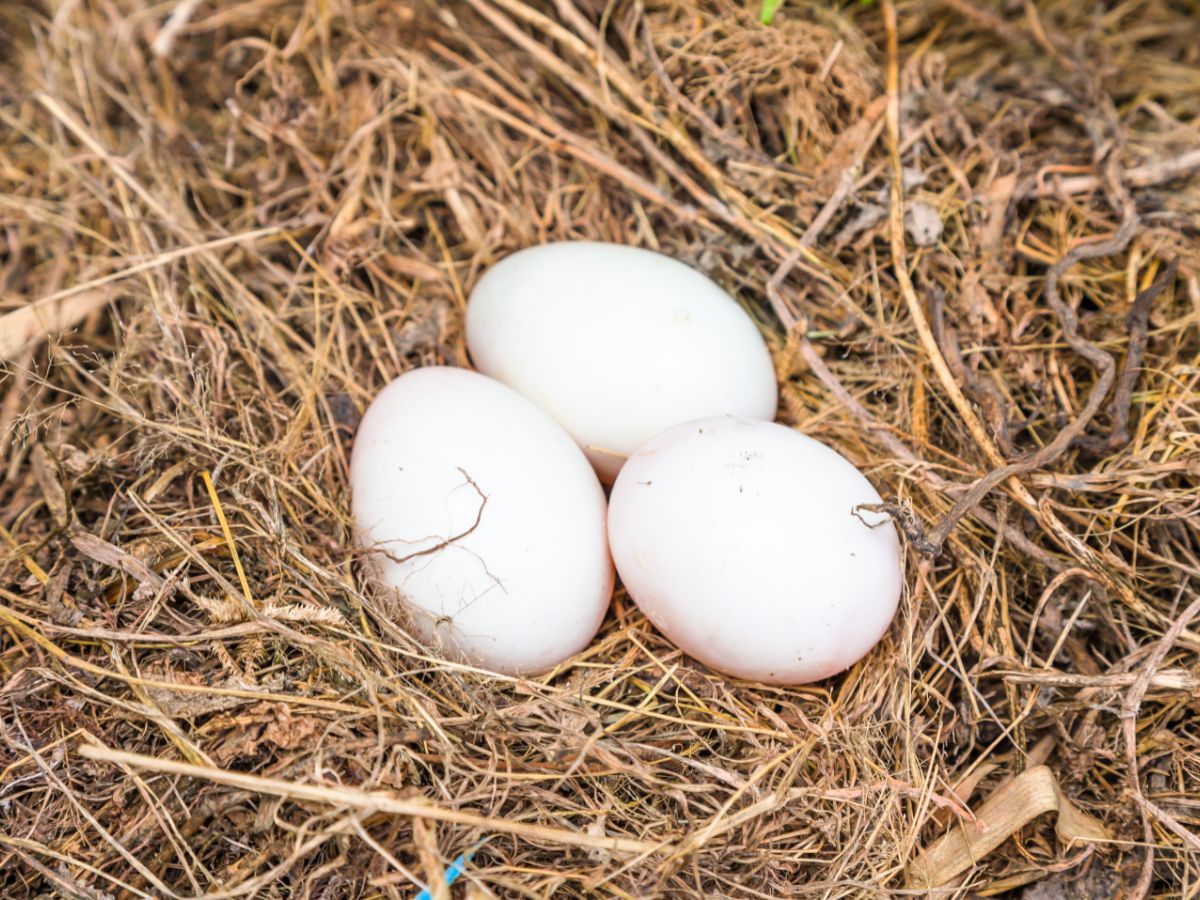If you own chickens, you will need to deworm them at some point. A friend who started keeping chickens a few months ago was unsure if he needed to deworm his chickens. I wanted to help, and we went to the vet to find out more about whether you should deworm your chickens and how to do it.
Chickens need to be regularly dewormed to stay happy and healthy. You can deworm your chickens by using an FDA-approved medication. You can also try using natural deworming ingredients like garlic, wormwood, and pumpkin seeds. You need to repeat the deworming ten days after the first deworming.
For anyone who keeps chickens, it’s vital to keep their ladies in the best health and ensure they are happy. Deworming is a natural process that you need to look for as it could lead to death if the affected chickens are not treated. We will examine if, when, and how to deworm your chickens.
Contents
Should You Deworm Your Chickens?
Like most other animals, most chickens will need to be dewormed regularly. The damage worms can do may not be an issue initially, but as time goes by and the worms grow bigger and multiply, your chickens can get an infection, lose weight, become anemic and eventually die.
That is why it’s important to deworm your chickens as soon as you suspect your chickens may have them. When you find one chicken with worms, it is vital to deworm your entire flock, as depending on how the chicken got the worms, it may infect the entire flock, and it’s better to try and prevent it than have to treat it afterward.
Several types of worms can infect chickens; you must know what kind of worms your chickens have to treat them effectively. Here are the most common kinds of worms that chickens can get.
Roundworms In Chickens
Roundworms are commonly passed to chickens when they eat earthworms (hosts) or when they come into contact with other wild birds. It can also be passed to chickens through water and food contaminated with feces that have these roundworms present.
Hairworms In Chickens
Hairworms are thin worms found in the chicken’s intestine, stomach, and esophagus. They are around 2 cm long. This type of worm needs to be treated with specific medication as it may damage the chicken’s internal organs and lead to death if left untreated.
Tapeworms In Chickens
These are segmented worms that can be found in chickens around the globe. They are not deadly, but if left untreated, they will deprive the chicken of the nutrients it needs to grow and produce eggs, and it can leave a chicken with a compromised immune system that will make it vulnerable to other diseases.
Signs That Your Chickens Have Worms
When you are unsure if your chickens have worms, there are a few signs that you can look for;
- Chickens with worms will lay fewer eggs as the worms consume many of the nutrients the chicken’s body needs to produce eggs. So, look for a sudden drop in egg production.
- The yolk in the egg will look like a pale light-yellow color instead of a deep yellow or orange when the chickens have worms.
- The chickens will lose weight even if you feed them regularly. They will feel boney and thin,
- Lethargy is another sign of worms in chickens as they may seem uninterested in food or any other activity and look tired and lacking energy.
- Chickens with worms will cough; chickens rarely cough without reason, so there is an issue if your chickens cough.
- Diarrhea is the most common symptom when chickens have worms. The stool will stick to the chicken’s vent feathers, and it will be watery, loose, and might contain dead worms.
How Do Your Chickens Get Infested With Worms?
To prevent your chickens from getting worms, you must know how they get infected with worms. Here are a few of the ways;
- Chickens can get worms by eating food or water that has been contaminated by feces,
- Chickens can get worms when coming into direct contact with other wildlife that is infected,
- Many worms use earthworms as hosts, and chickens love to scratch at the ground for earthworms,
- When a healthy chicken comes into contact with a nesting box with an infected chicken or other infected critter was in contact with.
If you are still unsure if your chickens have worms, you can take a stool sample to your nearest vet, who can test it for worms. They can also tell you the type of worms, making it easier to get a treatment that will work for your entire flock.
How To Deworm Your Chickens
When you have established that your chickens have worms, you can choose a few different treatment methods. There is FDA-approved medication that the vet will give you, or you can take the natural route and use a few natural ways to treat your flock.
If you choose the FDA-approved medication, you must treat your entire flock by following the vet’s instructions. Remember to repeat the treatment seven days after you have completed the previous treatment to ensure the worms have all hatched and are effectively eliminated in all your chickens. Most vet’s typically prescribed Fenbendazole as a dewormer.
Remember to practice withdrawal time if you use medication your vet gives you (ask if it is necessary as some medication doesn’t require withdrawal time). That means for a certain period, you need to throw away any eggs the affected chickens lay, and you can’t sell or eat any of the chicken’s meat as they may contain medication that can be harmful to humans.
If you choose the natural route, you can use one of the following herbs and vegetables mixed with a little molasses will help deworm the chickens. You can use one or more of these veggies or herbs by adding some to the normal feed of your chickens.
Use the treatment in quantities of 90% normal feed and 10% treatment. Be careful and don’t add too much molasses, just enough to mix the treatment with the feed;
- Carrots,
- Pumpkin seeds,
- Garlic,
- Elder leaves,
- Rue,
- Wormwood,
- Hyssop,
- Finely grated carrot.
Continue treatment for at least ten days and re-evaluate the chickens to see if the worms are gone or if you need another round of deworming.
Conclusion
Deworming your chickens is vital to keeping them happy and healthy as not all worms are harmless. Some worms can cause severe issues leading to the death of chickens if left unchecked. Chickens can be treated using an FDA-approved medication or a natural remedy to eliminate the worms. If you are unsure if your chickens have worms, it’s best to get a stool sample tested by a vet for diagnosis.




